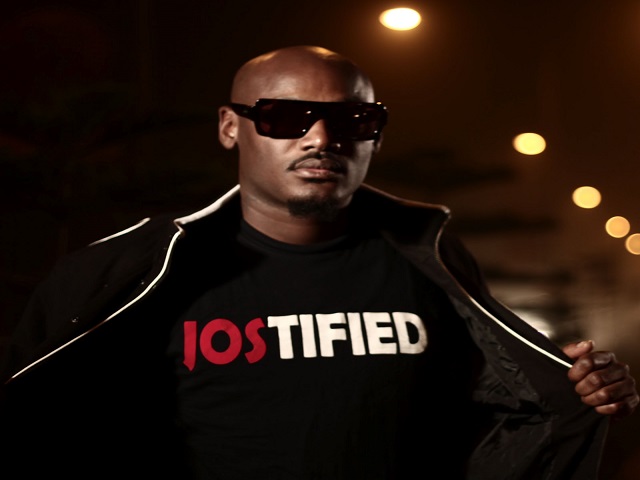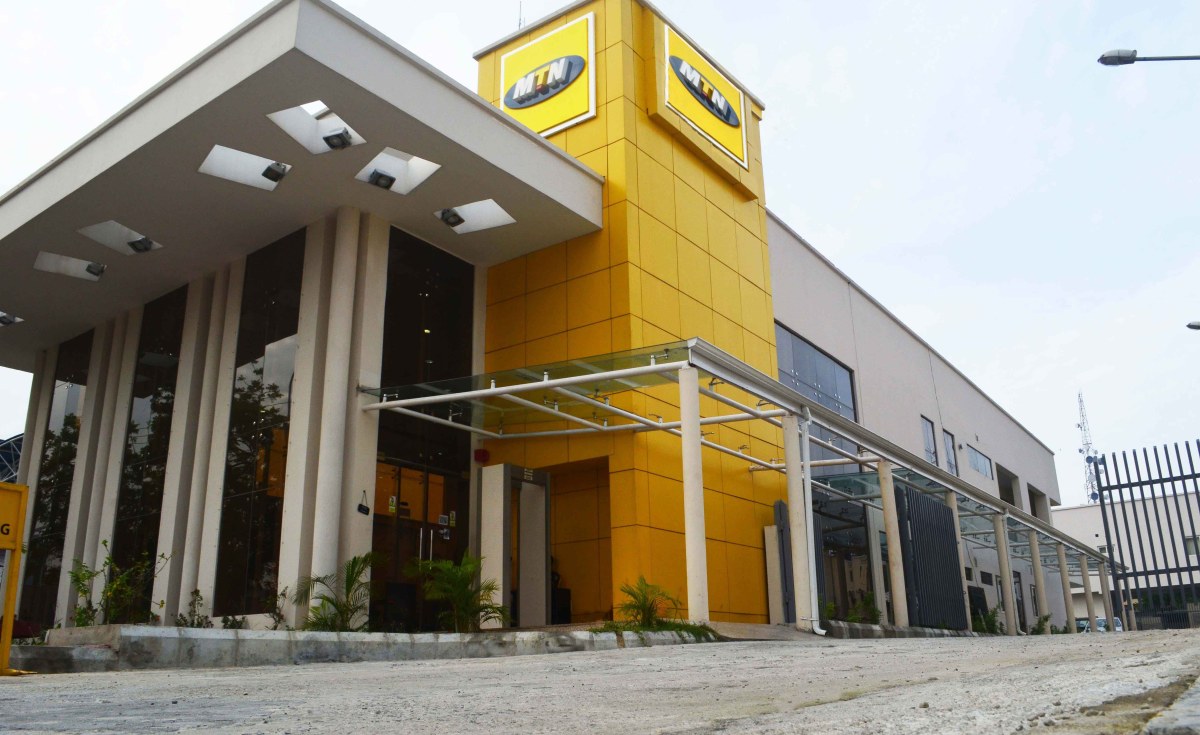Nigerian music star, 2face Idibia is not happy over the lingering Copyright Society of Nigeria (COSCON) crisis. The revered crooner known for his peaceful mien has called on the Nigerian Copyright Commission (NCC) to intervene.
In a petition addressed to the NCC, the singer stated that Efe Omorogbe and other COSON board members were ‘being harassed, and intimidated’ by the police.
He reacted against the backdrop of the lingering power tussle between Tony Okoroji and Efe Omorogbe, who are both laying claim to the leadership of the body.
The petition addressed to Alam Ezekude, Director-General of NCC, was also sent to Ibrahim Idris, the Inspector-General of police, Senate President Bukola Saraki, Vice-President Yemi Osinbajo and President Muhammadu Buhari.
He wrote: “It is quite unfortunate and disheartening that a simple call for accountability and transparency has degenerated into relentless media attack, harassment and intimidation of the group of people who made the call.
“The personal interest of a few should not supersede the collective interest of generality of members and overall well being of the society.
“I will like to implore you to use your good office to engage the Inspector General of Police with a view to setting the records straight and reversing the embarrassing and dangerous scenario where Mr Efe Omorogbe and Mr Joel Ajayi, chairman and members of the commission-recognised board acting well under the directive of the regulator, are now being harassed, intimidated, demonised and prosecuted by a sister government agency – The Nigerian Police Force.
“COSON is formed and built by the collective efforts of like-minded industry stalwarts, and it will be a shame to see all of the hard work that has gone into building the society, go down the drain.
“Our CMO is under siege and our commonwealth is threatened by Chief Tony Okoroji and his agents who for personal ends, continue to demonstrate deep contempt for regulation and the call for accountability.”
Recall that Audu Maikori, a director on the board of COSON, recently advised Okoroji to let go of power or risk being “disgraced” like Robert Mugabe, Zimbabwe’s dictatorial former president.


